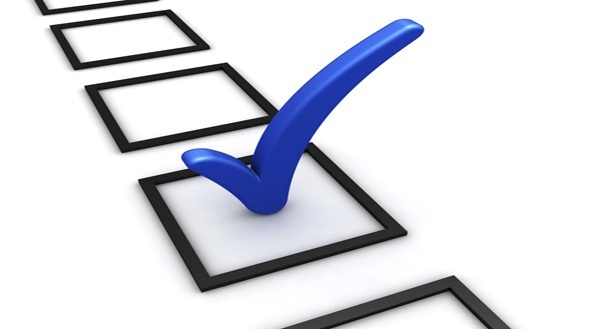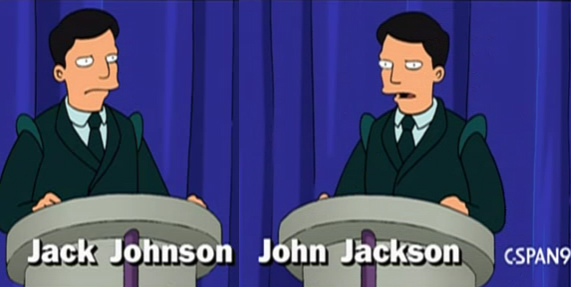
Election Method Expert Richard Fobes Urges No Vote on Arizona Top-Two Primary
by Richard Fobes
Arizona’s ballot contains Proposition 121, which would create what its supporters claim is a top-two primary election. The idea is to allow all the voters to vote in the primary election for all the candidates, including both Republican and Democratic candidates. Then the two most popular candidates would move on to compete in the general election. That’s the intent, but alas, the details of what’s proposed would not work the way it’s intended.

This top-two primary election idea is emotionally appealing because it seems to convey the message “we don’t like how primary elections are done now.” Unfortunately the top-two primary approach is like rolling loaded dice. The top two approach favors whichever party offers fewer candidates. The Wikipedia article titled Vote Splitting explains this concept.
For a specific scenario of vote-splitting in a top-two primary, suppose that 55 percent of the voters prefer Republican candidates and the other 45 percent prefer Democratic candidates. If the ballot lists four Republican candidates and just two Democratic candidates, both of the Democratic candidates will win both spots in the primary election. This occurs even though intuitively everyone would expect that the two winners should be one Republican candidate and one Democratic candidate, or possibly two Republican candidates. This kind of outcome is wildly unfair, yet very likely for this scenario.
Those of us who do the math for election methods know that the candidate with the most votes is not necessarily the most popular. (As a related point, the candidate with the fewest votes is not necessarily the least popular.)
The top-two primary approach is based on the mistaken belief that the candidate with the most votes is the most popular, and that the candidate with the second-most votes is second-most popular. Anyone who bothers doing the math can verify that this belief is wildly mistaken. While it is possible to have a top-two primary in a way that produces fair results, Arizona’s Proposition 121—although it is called a top-two primary—is not really a top-two primary.
Arizona’s Proposition 121 and Single-Mark Ballots
The problem with existing primary elections is that they use single-mark ballots. These ballots only allow a voter to mark a single candidate. Unfortunately the top-two approach in Arizona’s Proposition 121 uses the same kind of flawed ballot.

The only way to get fairer results is to allow voters to mark more than one choice. In my opinion the best way to do so is to use 1-2-3 ballots and pairwise counting. Some voting method experts prefer the simplicity of something called approval voting, which uses ballots that look like single-mark ballots, but which allow a voter to mark more than one choice. Regardless of the choice, the point is that better ballots are needed.
As the author of a how-to book on creative problem-solving, I certainly like innovation. Yet having a degree in physics, which includes studying mathematics, I know how to do the math behind voting. Here in Oregon we had a proposition for top-two primary similar to Arizona’s Proposition 121, and we defeated it. After that defeat I talked to a major supporter of the proposition, and he lacked the knowledge about the flawed math that underlies this flawed idea.
Anyone in Arizona who wants fairer election results should vote against Arizona’s Proposition 121, learn about vote-splitting, and look at the Declaration of Election-Method Reform Advocates at www.BanSingleMarkBallots.org to see which election-method reforms are supported by election-method experts who analyze the math behind different voting methods.
Frank Henry says
A YES vote for Prop 121 is supported by a move to support voter’s “Full
Voting Rights”.
Voting methods that recognize “the most votes” wins is one of the aspects
of “Full Voting Rights”. 121 supports this methode.
Also a YES vote for 121 will:
1. Allow all voters equal access to be placed on every balolots.
2. Allow all voters equal access to vote on every ballots.
3. Allows all political parties to work hard in supporting the questions
and candidates, without the use of taxpayers tax monies.